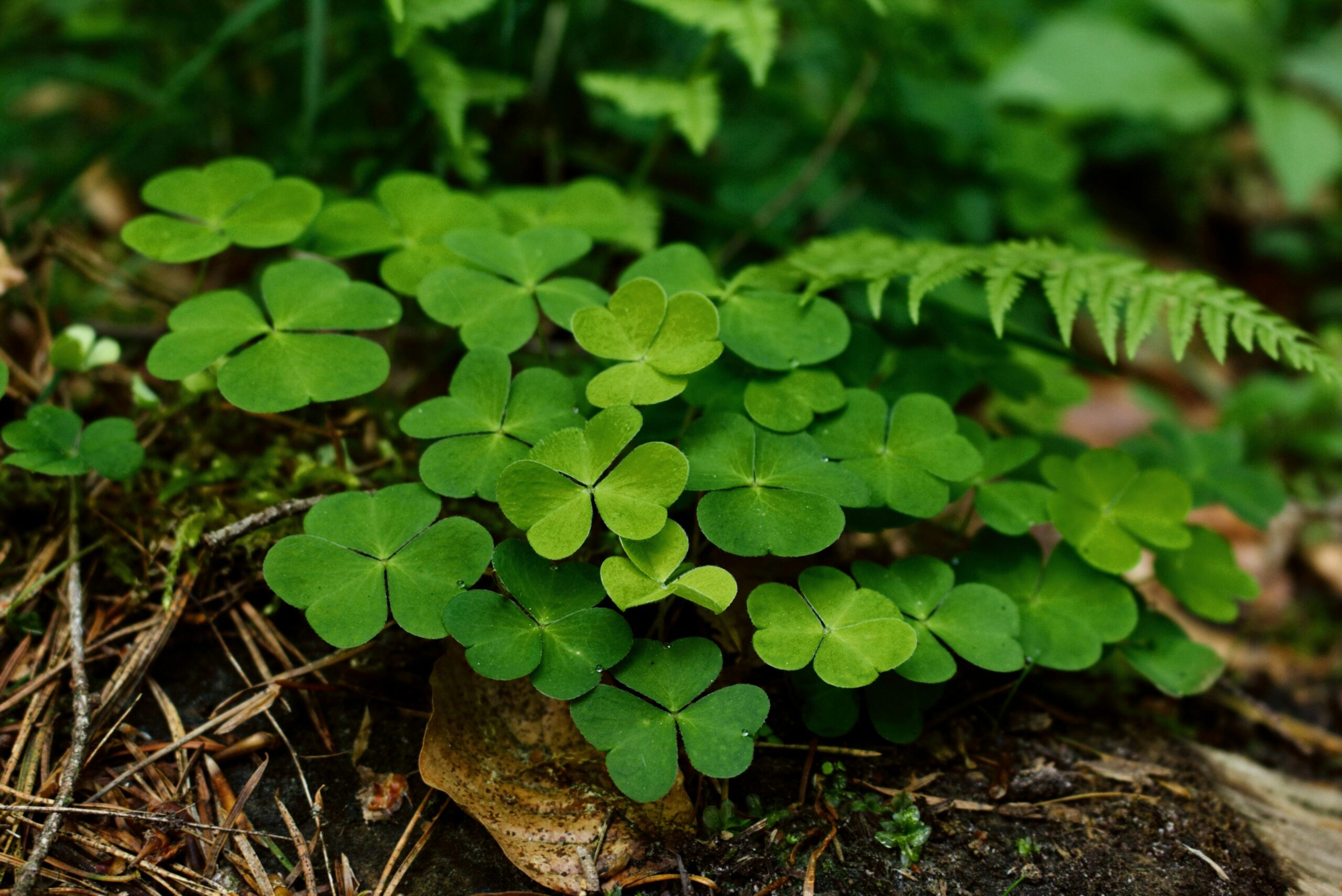Types of Weeds in Lawns and Gardens (With Control Tips)


Japanese last names are rich in history, nature, and tradition. Each surname carries layers of meaning, often inspired by landscapes, seasons, occupations, or social status from centuries past. Many Japanese surnames are made up of two kanji characters, blending poetic imagery with cultural heritage.
Whether you’re interested in Japanese culture, looking for a meaningful surname for a character, or simply curious about name origins, this list of 100 Japanese last names with meanings will provide fascinating insights into the beauty and depth of Japanese naming traditions.
Takahashi – “Tall bridge.” A common name symbolizing connection and strength.
Yamamoto – “Base of the mountain.” Often linked to families living near mountain ranges.
Tanaka – “Central rice field.” Reflects Japan’s agricultural roots.
Saito – “Together wisteria.” A name that blends beauty with unity.
Kobayashi – “Small forest.” Suggests peaceful natural surroundings.
Watanabe – “To cross.” Originates from ferry keepers or travelers.
Ito – “That wisteria.” A short and elegant name.
Fujimoto – “Origin of wisteria.” Connected to the noble Fujiwara clan.
Sasaki – “Whelp blossom.” Possibly linked to samurai families.
Shimizu – “Pure water.” A serene, nature-based name.
Inoue – “Above the well.” Possibly signifying wealth or good resources.
Matsuda – “Field of pine trees.” Peaceful and grounded in nature.
Kawasaki – “River cape.” Common in river regions.
Okamoto – “Hill base.” May describe a geographic location.
Ishikawa – “Stone river.” Strong and poetic.
Hayashi – “Forest.” Simple and deeply rooted in natural beauty.
Nagano – “Long field.” Found in agricultural regions.
Fujita – “Wisteria rice field.” A blend of elegance and life-giving land.
Tsuchiya – “Earth valley.” Grounded and strong.
Ueda – “Upper rice field.” Represents prosperity and abundance.
Kato – “Increase wisteria.” May symbolize growth and legacy.
Ono – “Small field.” Humble and tied to farming origins.
Miyamoto – “Temple base.” Connected to spiritual heritage.
Endo – “Distant wisteria.” A variation tied to noble families.
Yamaguchi – “Mountain mouth.” Often indicates a village at the mountain’s edge.
Honda – “Main rice field.” Strongly associated with family and sustenance.
Takeda – “Bamboo rice field.” Both sturdy and fruitful.
Nakagawa – “Central river.” Life and movement at the heart of nature.
Arakawa – “Rough river.” Symbolizes strength and adaptability.
Morita – “Forest rice field.” A balance of wilderness and cultivation.
Sakuragi – “Cherry blossom tree.” Beautiful and fleeting like spring.
Hoshino – “Field of stars.” Romantic and dreamy.
Aoyama – “Blue mountain.” Evokes calm strength.
Komatsu – “Small pine tree.” Youthful and sturdy.
Tsukamoto – “Origin of the moon.” Ethereal and symbolic.
Nishikawa – “Western river.” Reflects direction and flow.
Kanzaki – “Divine cape.” Spiritual and majestic.
Amamiya – “Rain palace.” Mystical and poetic.
Kisaragi – Refers to the second month of the lunar calendar, often linked to renewal.
Yukimura – “Snow village.” Quiet, peaceful, and wintry.
Abe – “Peaceful.” An old and respected family name.
Tokugawa – A famous shogunate name, meaning “virtue river.”
Ashikaga – A powerful samurai clan; location-based name.
Oda – Known from Oda Nobunaga, meaning “small rice paddy.”
Uesugi – A noble surname, historically powerful.
Minamoto – “Source.” A prestigious family name from the Heian period.
Hojo – A name from medieval Japan’s regency families.
Taira – One of the great warrior clans, means “peace.”
Fujiwara – “Wisteria field.” Highly influential aristocratic family.
Sengoku – “Warring states.” Tied to a dramatic period in Japanese history.
Himura – “Scarlet village.” A striking and rare name.
Kuroda – “Black rice field.” Bold and distinct.
Izumi – “Fountain” or “spring.” Pure and gentle.
Shirogane – “White silver.” Evokes wealth and purity.
Kamizaki – “Divine peninsula.” Spiritually symbolic.
Tachibana – “Mandarin orange.” Unique and noble.
Yamabuki – A yellow flower, symbolizing elegance.
Kirigaya – “Mist valley.” Enchanting and rare.
Mochizuki – “Full moon.” Poetic and romantic.
Obuchi – “Large mouth of the valley.” Rare and location-based.
Kajiwara – “Blacksmith field.” Craftsmanship and strength.
Shibata – “Brushwood rice field.” Humble and traditional.
Taniguchi – “Mouth of the valley.” Often linked to farming villages.
Sugimoto – “Base of the cedar.” Strong and aromatic.
Nakayama – “Central mountain.” A centered, grounded name.
Sekiguchi – “Barrier mouth.” Linked to gatekeepers or guards.
Murakami – “Above the village.” Often denotes elevated status.
Furukawa – “Old river.” Ancestral and historical.
Ishimura – “Stone village.” Strong and resilient.
Ogawa – “Small river.” Simple and familiar.
Haruno – “Field of spring.” Evokes rebirth and freshness.
Akinaga – “Autumn long.” A name tied to the harvest.
Fuyuki – “Winter tree.” Serene and poetic.
Natsume – “Summer fruit.” Bright and cheerful.
Asahina – “Morning sun.” Optimistic and radiant.
Yozakura – “Night cherry blossom.” Romantic and reflective.
Haruoka – “Hill of spring.” Renewal and growth.
Yukinari – “Snow becomes.” Quiet transformation.
Kisaragi – “Changing clothes,” tied to late winter.
Sazanami – “Ripples.” Reflects calm summer waters.
Ai – “Love.” Simple and heartfelt.
Yu – “Gentle” or “superior.” Multifaceted and easy to pronounce.
Ren – “Lotus.” Pure and spiritual.
Rei – “Spirit” or “gratitude.” Clean and elegant.
Nao – “Honest.” A virtue name.
Mao – “True center.” Short and balanced.
Yui – “Bind.” Symbolizing connection.
Mei – “Bright” or “sprout.” Fresh and cheerful.
Aki – “Autumn” or “bright.” Beautiful in multiple ways.
Riku – “Land.” Grounded and earthy.
Hinata – “Sunny place.” Popular due to anime and pop culture.
Hoshikawa – “Star river.” Dreamy and stylish.
Kagami – “Mirror.” Reflective and artistic.
Mizuno – “Of water.” Smooth and fluid.
Naruse – “Smooth rapids.” Unique and modern-sounding.
Kazehaya – “Wind valley.” Graceful and poetic.
Tsukikage – “Moonlight.” Mysterious and romantic.
Shiranui – “Unknown fire.” Mythical and rare.
Sakaki – A sacred tree in Shinto tradition.
Yamabiko – “Mountain echo.” Mythical and natural.
Japanese surnames are more than identifiers—they are stories wrapped in kanji, echoing natural beauty, history, and personal values. From elegant nature-based names to warrior-inspired ones, the world of Japanese last names offers depth, artistry, and timeless appeal. Whether you’re writing a character, exploring your heritage, or simply appreciating cultural richness, this list of 100 Japanese last names is a window into a fascinating tradition.